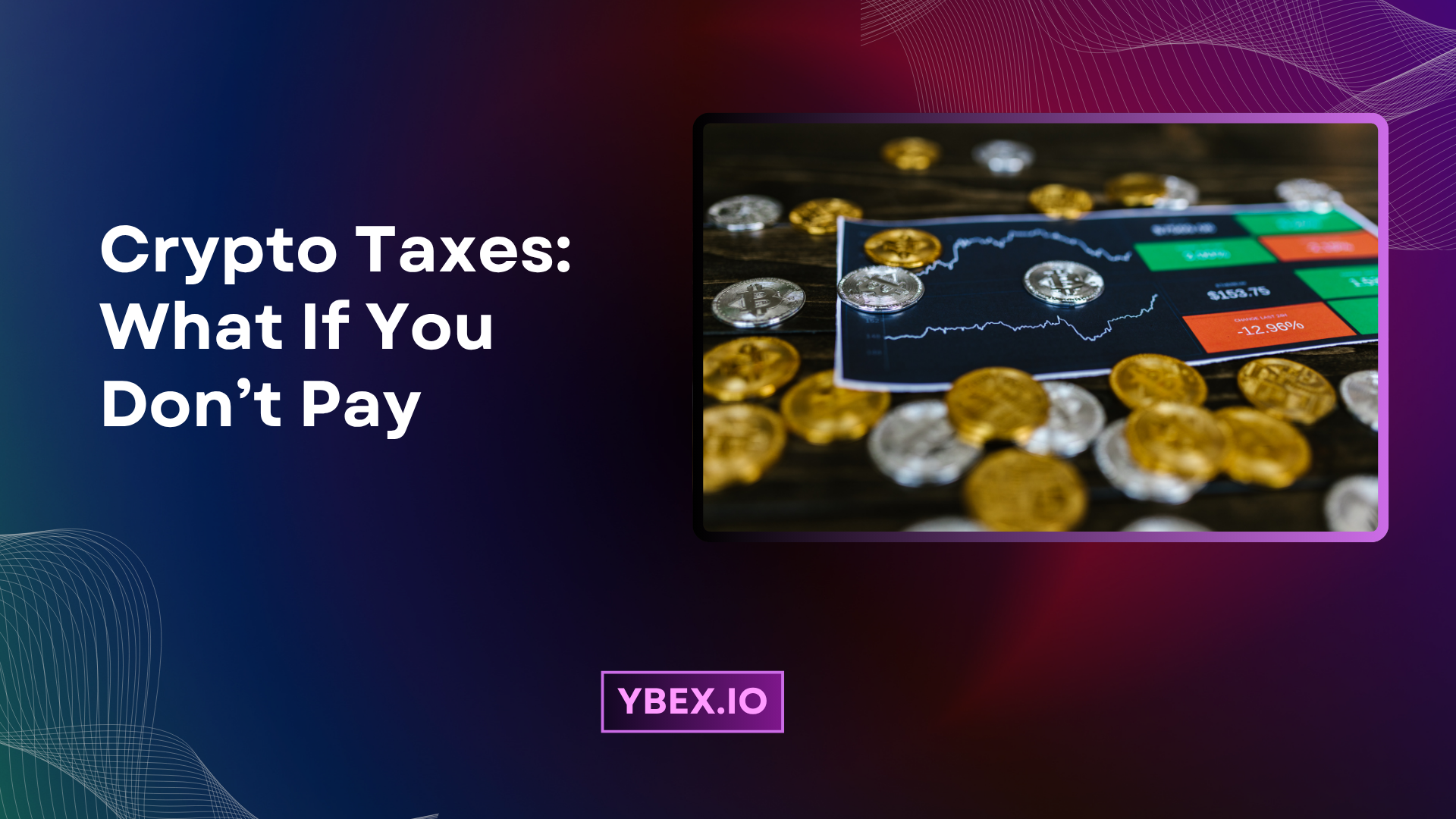
Is crypto taxable in the US?
In the U.S., the IRS treats digital assets (like cryptocurrency and NFTs) as property. Selling for dollars, swapping one token for another, or spending crypto usually creates a capital gain or loss. Income you earn in crypto—staking rewards, mining, airdrops, interest—generally counts as ordinary income at the moment you control it. The IRS asks about this directly on Form 1040’s “digital assets” question.
The IRS even issued a specific ruling for proof-of-stake: rewards are taxable when you have dominion and control(that is, when you can move or sell them).
If you dispose of crypto, you typically report it on Form 8949 and Schedule D—the same forms used for stocks.
What actually happens if you don’t report?
Penalties stack up. In the U.S., two charges compound if you skip or delay:
- Failure-to-file penalty: usually 5% of the unpaid tax per month, up to 25%. File on time even if you can’t pay.
- Failure-to-pay penalty: usually 0.5% per month, up to 25% (reduced while you’re on an approved installment plan). Interest accrues too.
In cases involving deception, the IRS can add a civil fraud penalty of 75% of the underpayment—on top of tax and interest.
And if someone willfully evades taxes, prosecutors can charge a felony under 26 U.S.C. § 7201 (up to five years in prison plus fines). That’s for deliberate schemes, not honest mistakes.
Other countries take a similar line. The U.K.’s HMRC runs a formal process for disclosing unpaid crypto tax, with interest and penalties if you don’t come forward. Australia’s ATO reminds taxpayers to keep detailed records and warns that getting the return right the first time helps avoid penalties and interest.
Will anyone even notice if you don’t pay?
Short answer: increasingly yes. Two big shifts are closing the visibility gap:
- New U.S. broker reports (Form 1099-DA).
Treasury and the IRS finalized rules requiring digital-asset brokers to report customer sales proceeds on Form 1099-DA for transactions on or after Jan. 1, 2025 (taxpayers receive statements in 2026). The IRS has also posted fresh FAQs as the regime rolls out. When 1099-DA starts arriving, it becomes far easier for the IRS to match what brokers report against your return. - Global data sharing (CARF and DAC8).
The OECD’s Crypto-Asset Reporting Framework (CARF) standardizes automatic exchange of crypto account and transaction info across tax authorities; the technical XML scheme was updated in July 2025. In the EU, DAC8 requires member states to implement crypto-asset reporting for exchanges and platforms from 2026.
What counts as taxable vs. not?
Think in two buckets:
- Capital gains/losses (property rules):
Selling for fiat, trading crypto-to-crypto, or spending crypto are typically taxable disposals—report on Form 8949/Schedule D. - Ordinary income:
Staking rewards are income when you have dominion and control; later, when you sell them, you compute a capital gain/loss against that basis. Mining income, interest, referral bonuses, and payment for services in crypto also fall here.
Not taxable by itself: buying and holding without disposing, and moving crypto between your own wallets. (But still keep records so you can show cost basis later.) The IRS’s digital-asset page spells out these fundamentals, and Cointelegraph’s piece offers a quick layperson overview.
How enforcement is changing right now
- Information matching grows teeth with 1099-DA—much like stock trading. Expect notices if broker-reported proceeds don’t appear on your return.
- International sharing via CARF/DAC8 means cross-border accounts are less opaque: tax offices can automatically swap crypto account data.
- Clearer rules on staking reduce ambiguity: with Rev. Rul. 2023-14, “I didn’t know” is a tougher defense.
Conclusion
Skipping crypto taxes isn’t a loophole—it’s a liability. U.S. rules treat digital assets as property, and many countries follow similar logic. If you ignore reporting, penalties and interest can snowball, and in willful cases, criminal charges are possible. With 1099-DA broker reporting starting for 2025 transactions and global frameworks like CARF/DAC8rolling out, visibility is only increasing. The smartest move is the simplest: file (or amend) now, get on a payment plan if needed, and keep better records going forward.